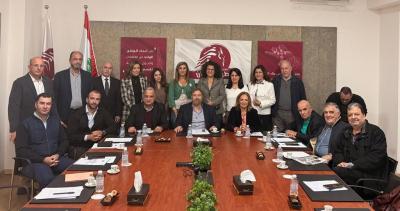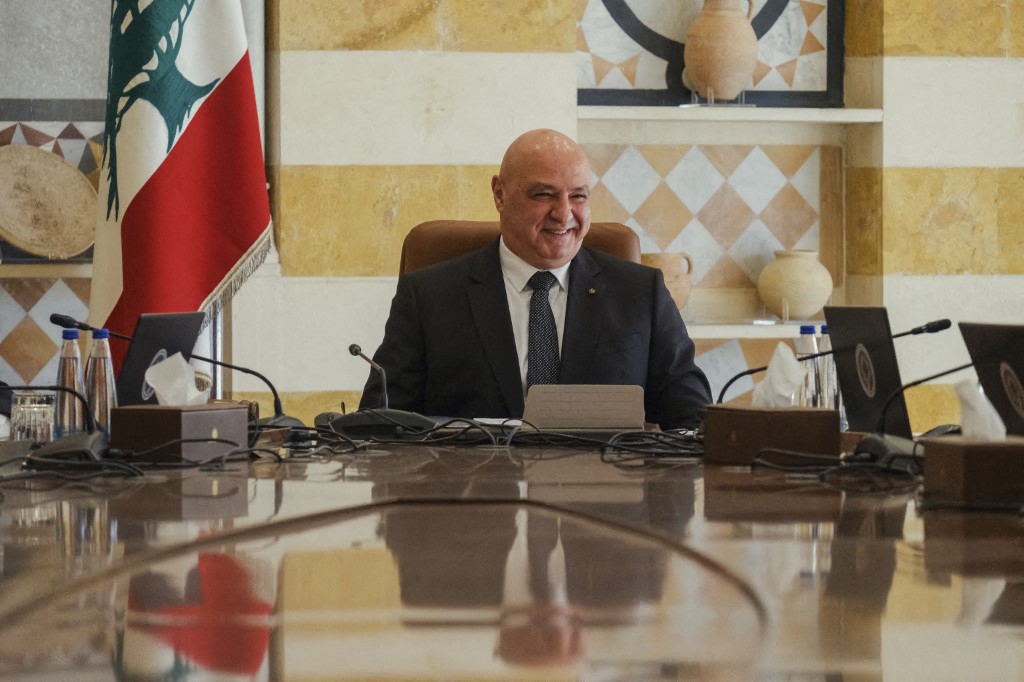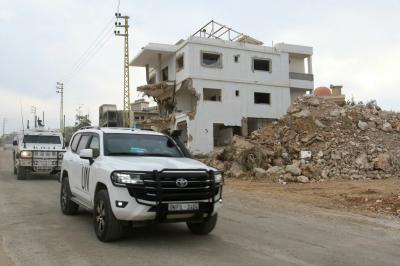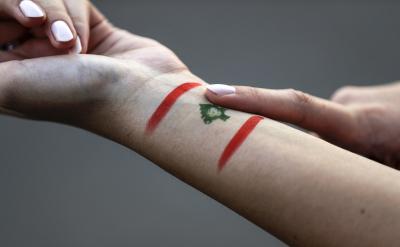After President Joseph Aoun declared last week that “negotiations with Israel are necessary to resolve outstanding issues,” it seems that the Lebanese state has entered a new stage in its approach to sovereignty and institutional authority—particularly regarding the presidency as the head of the executive power and the guarantor of national unity and territorial integrity, as stipulated in Article 49 of the Constitution.
What President Aoun said does not need political interpretation; rather, it is rooted in clear constitutional prerogatives that authorize him—together with Prime Minister Nawaf Salam—to define the state’s general policy on matters of sovereignty and foreign affairs, as long as the Council of Ministers represents all Lebanese factions across political and partisan lines, including “Hezbollah” and “Amal.”
The Unconstitutional Objection
Yet this striking presidential stance did not go unchallenged by Parliament Speaker Nabih Berri, who declared on Monday that “negotiations with Israel have ended due to Tel Aviv’s failure to comply with the U.S. framework.” In truth, while this statement may appear political on the surface, it conceals a deeper constitutional problem related to the limits of the legislative role in Lebanon’s post-Taif parliamentary system. The Parliament, chaired by Berri, is a legislative body whose function is to oversee the government and vote on its projects—not to replace it in managing foreign policy or issuing positions on behalf of the state.
The Presidency Returns to Its Executive Essence
A review of the presidential powers before and after the Taif Agreement shows that the Lebanese Constitution—even in its amended 1990 version—did not abolish the president’s executive role but rather organized it within a participatory framework with the Council of Ministers. According to Article 52, the president “undertakes the negotiation and ratification of international treaties in agreement with the prime minister.” This means that negotiating with Israel over the demarcation of the land borders—following the completion of the maritime demarcation in 2022—falls squarely within the powers of the presidency, not the Parliament or any political party.
This interpretation restores the spirit of the Taif Agreement, which aimed to transform the presidency from a standalone authority into an integrated one—not an empty institution, as happened during the Palestinian, Syrian, and Iranian tutelages that turned the presidency into a mere symbolic façade amid the expansion of other domestic powers.
Between Taif and the Recovery of Sovereignty
The Lebanese experience over the past three decades has proven that the overlapping of legislative and executive roles was among the main causes of institutional paralysis and the accumulation of crises. Instead of acting as the arbiter among the branches of power, the presidency was trapped within a web of customs and practices that stripped the Constitution’s articles of their practical meaning—from cabinet formation mechanisms to the definition of defense and foreign policy.
Today, with Joseph Aoun’s election as president at the start of 2025, and based on his inaugural speech emphasizing the state’s exclusive right to arms and respect for the 1949 Armistice Agreement with Israel, Lebanon seems to be charting a new course to realign constitutional text with political practice.
From Past Guardianships to Institutional Responsibility
It is beyond doubt that Lebanon has long been held hostage to successive forms of tutelage: Palestinian in the 1970s, Syrian in the 1990s, and more recently Iranian through “Hezbollah’s” weaponry over the past two decades. During all those phases, the presidency was marginalized in favor of a de facto legislative–executive duality formed outside constitutional frameworks.
Yet President Aoun’s recent declaration—backed by the ministerial statement of Prime Minister Nawaf Salam’s government—marks the beginning of a new chapter in reclaiming institutional sovereignty. It redraws the line between the prerogatives of the executive branch—namely negotiating on behalf of the state—and those of the legislature, which oversees and holds accountable but does not execute.
Toward a Republic Reconciled with Its Constitution
The 1989 Taif Agreement sought to end Lebanon’s civil war by redistributing powers, not by abolishing the centrality of the presidency. Yet subsequent practice turned that agreement into a tool for deepening sectarian power-sharing instead of strengthening the institutional state.
Under this perforated umbrella, successive wars were fought on Lebanese soil, and foreign military interventions were launched from within Lebanon into other countries—without the official state, in its institutional sense, having any role in what happened or continues to happen.
The “decision of war and peace” was hijacked from the state’s hands, while the policy of “self-distancing” turned into one of “self-immersion” in regional crises—be it during the Syrian uprising in 2011 or the Gaza support war two years ago.
Today, with the emergence of a new presidential discourse calling for the implementation rather than circumvention of the Constitution—and with a government representing Lebanon’s full social fabric—the country faces a rare opportunity to break free from the logic of tutelage and paralysis.
The demarcation of Lebanon’s land borders with Israel is not merely a geographical file but a constitutional test of the state’s ability to empower its legitimate institutions and prove that the era of blurred powers among the three presidencies is over.
In this context, one could say that the local, regional, and international wager now centers on Baabda Palace’s ability to convince Ain el-Tineh that the Grand Serail—acting collectively—is the constitutional anchor for steering Lebanon out of its partisan labyrinths, under the gaze of Nejmeh Square, signaling the start of rebuilding a renewed Lebanon that its citizens—and indeed the world—need under the banner of institutions, far from political overbidding and dogma.
Will President Joseph Aoun succeed in winning this challenge for the benefit of the Lebanese people?
Please post your comments on:
[email protected]
 Politics
Politics













